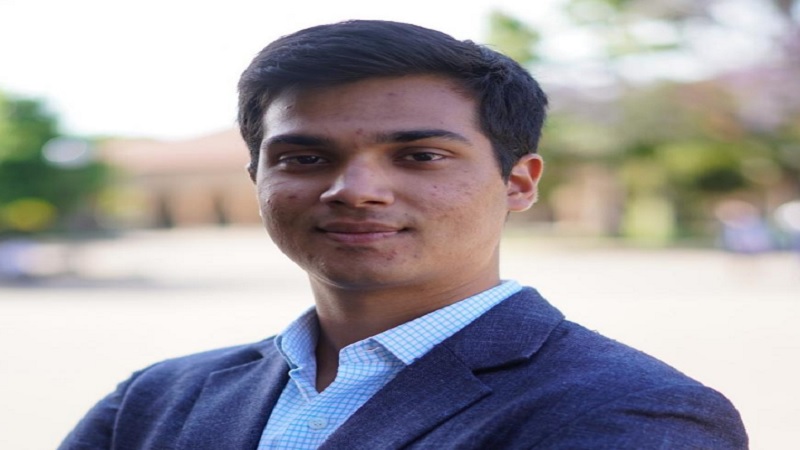 Image Courtesy:anthropology.stanford.edu
Image Courtesy:anthropology.stanford.edu
Stanford scholar Vibhav Mariwala’s tweet sharing a link to an article on Jawaharlal Nehru, was marked as ‘sensitive’ content. All that tweet had was a link to a December 2020 Opinion titled Nehruvianism: Revisiting Visions of India in 1947, that Mariwala had authored for The Quint.
A click would have taken the reader to the article by Mariwala who studies History and Anthropology at Stanford University. According to his author bio at the end of that article, his most recent research was on the Origins and Implementation of India’s Planned Economy from 1947-64.
Perhaps he decided to share it on May 27, the death anniversary of Jawaharlal Nehru, the first Prime Minister of India, as a reminder of Nehru’s vision of Modern India, and how India and Indian leadership dealt with the many challenges a young nation faced.
There is nothing objectionable, or ‘sensitive’ in the opinion, which reads like a well researched almost academic paper that explains “Jawaharlal Nehru’s vision of India helped guide the country through the crises of 1947.” Makes one wonder what made Twitter mark his tweet with a link to an opinion written last year, out.
Mariwala had opined in the article that reading works and speeches of Nehru can “give insight into how to respond to the challenges of 2020.” However, his tweet did not say anything else. The opinion piece on Nehruvianism, Mariwala added that “it is important to not only know of his vision for the country, but the extent to which his vision has eroded this year – a tumultuous year, with riots, protests, national lockdowns, a pandemic that has killed lakhs, wildfires, and cyclones. In 2020, communal and caste tensions have increased, the notion of Federalism has severely been undermined, and democratic institutions have further retrenched, from Parliament, to the Supreme Court. When compounded with the economic crisis, which was further accelerated by Covid-19, India needs a new vision to guide it through the 2020s to overcome its problems.” Is that what triggered this “censorship”?
Related:
Whatsapp moves Delhi HC challenging GoI’s traceability clause
Facebook, Twitter could face legal action in India
Why did Twitter CEO give millions to RSS-affiliated Sewa International?